It can be heartbreaking to see your once agile pup grow less enthusiastic. Unfortunately, mobility issues and other health problems are an inevitable part of growing old for any dog.
Even though you cannot always prevent these problems, some things can slow the progression. These simple tips mentioned below can help you treat mobility issues in senior dogs to some extent.
Environmental changes
The first step of treating mobility issues in elderly dogs is helping them cope with their condition. The house will need extra dog proofing to enable your dog to remain self-sufficient.
Adding a rug on your sleek floor or training your dog to wear paw grip socks can do wonders for their lifestyle. Similarly, ramps, sleep support cushions, and harnesses can minimize inflammation, soreness, and aches.
Dietary changes
As a dog grows older, his nutritional needs begin to alter. A vet-checked, healthy diet can make your senior dog’s life easy and slow the progression of their mobility issues. With the help of their vet, plan a diet that prevents your dog from getting obese, as obesity can worsen mobility issues.
Also, keep close attention to their portion sizes according to their exercise habits. You will also find several elderly dog formulas and nutritional supplements on the market to make things easy.
Read Also: How To Take Care Of Your Senior Dog?
Exercise
Regular exercise is necessary for any dog with mobility issues. However, you do not want to overwork your elderly dog to avoid causing them any pain. As your dog gets older, you might need to go easy on their workout routines.
Use light exercise with several breaks and take it slow. There is a slow learning curve when learning to exercise your pets, but ensure that your dog does some low-intensity activities every day.
Vet check-ups
Diseases causing mobility issues can be progressive, meaning they intensify over time. Similar to any human with mobility problems, regular vet check-ups are vital for your dog’s health.
A vet can suggest the appropriate therapies and nutritional tips, making your elderly dog’s life comfortable. Over time, the medications and treatment will change, and it will help your dog deal with their condition with ease.
Read Also: Tips For Keeping Your Senior Dog Cool This Summer!
Additional therapies
Acupuncture, massages, and other therapies eventually become necessary to treat mobility issues. These treatments can ease a lot of pain and help your senior dog destress. Your vet can help you select the best therapies, exercise, and diet plan to suit your elderly dog’s needs.
Maintain proper hygiene
Dogs with mobility issues have more trouble grooming themselves, so you must pay attention to their hygiene. For example, some dog breeds grow long hair on their paw pads, causing them to slip on smooth floors.
Additionally, long nails can also pose a problem on some surfaces, so you must trim them now and then.
Loss of mobility affects dogs the same way it affects us, and it can be hard to look after them. However, remember that it is a normal part of your dog’s life, and there are several ways to cope and treat it.
Dogs with mobility issues can still live a happy, healthy lifestyle when provided with appropriate help.

 DogExpress
DogExpress

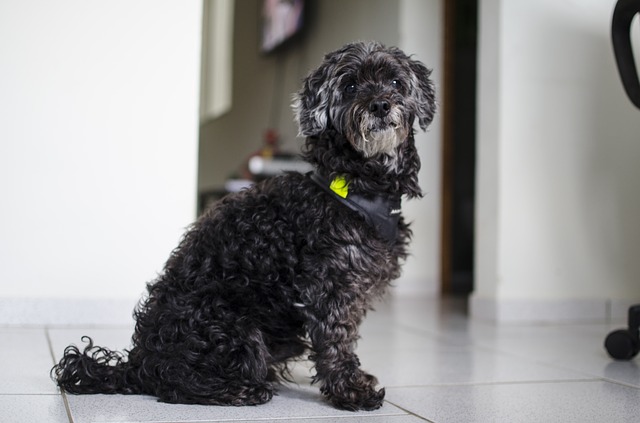

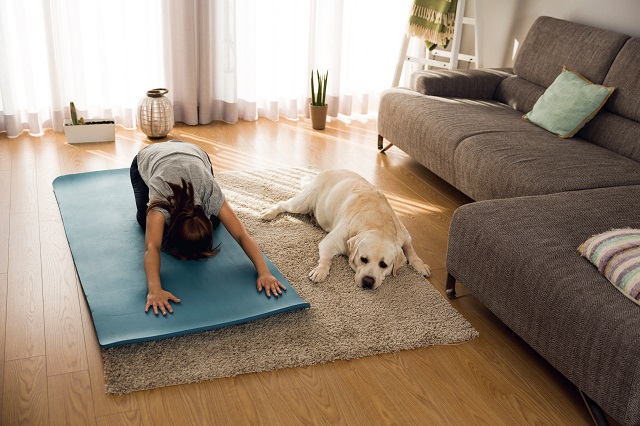
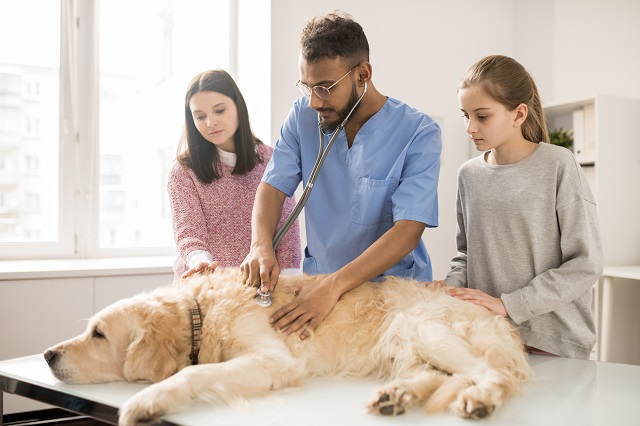

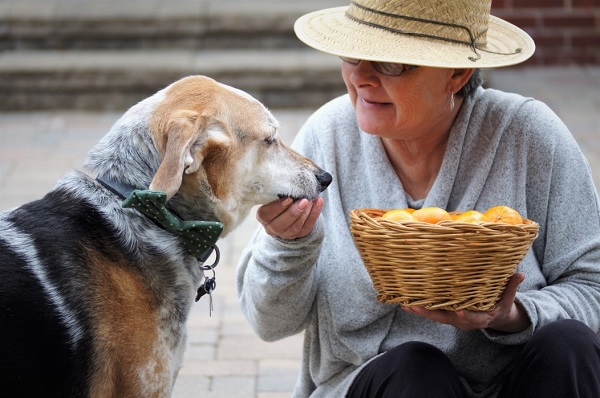

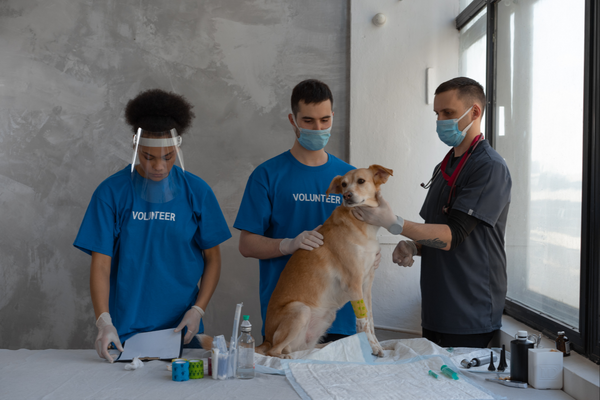












 in Chandigarh, India.
in Chandigarh, India. 
